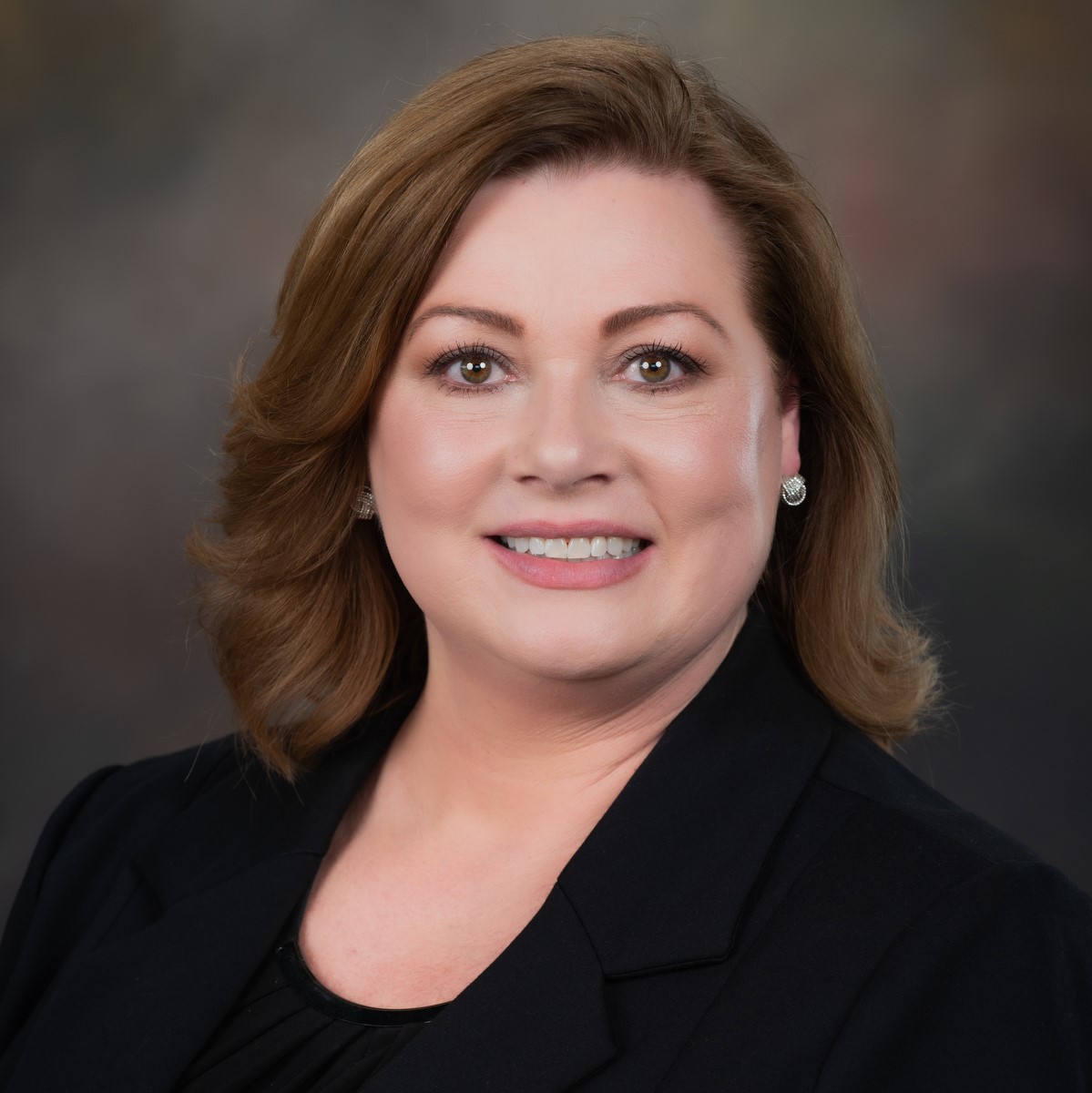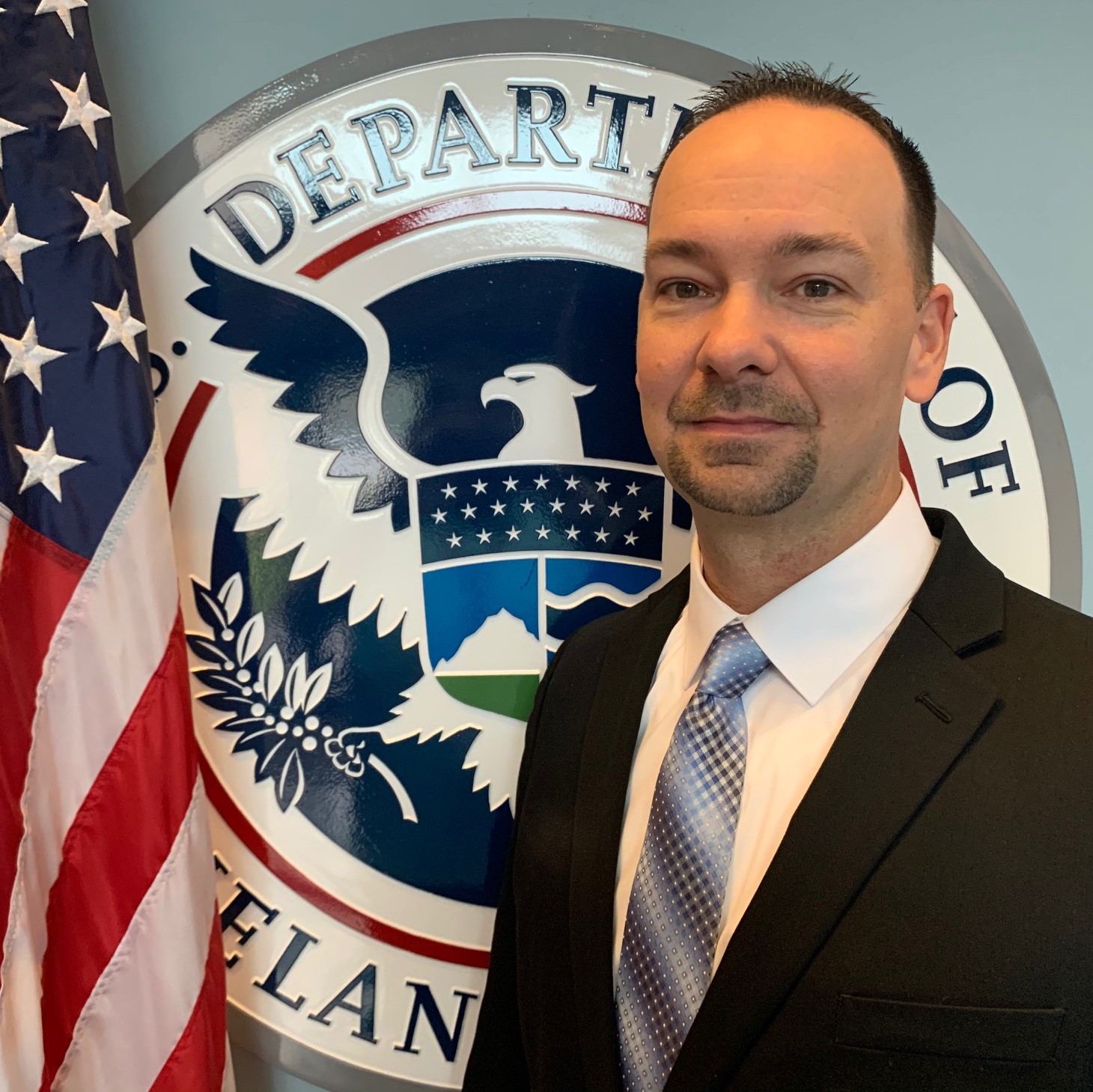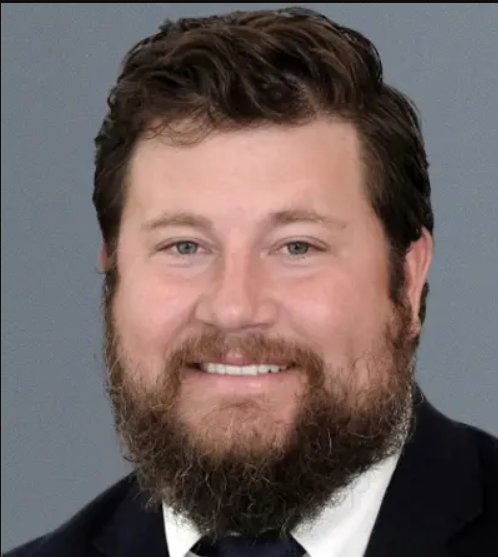Concurrent Sessions III | April 24 | 1:30 PM – 2:20 PM
Session 3A: Space Governance and Planning
Description
Optimizing space in growing or changing campuses and maximizing resources is a primary goal for any institution. Foundations in managing space allocations, balance of resources, and accountably related to space management provide the structure by which an applied space model can drive campus space management. With a space governing body at the helm, high level outputs for best space practices and decision-making support university leadership with an approach to continuous space management improvement.
Learning Objectives
- Attendees will learn a holistic approach to space management that supports resource savings and agility to make decisions in a changing environment through space model methods.
- Attendees will be provided examples of spatial data tracking and implementation that produce high-level, automated outputs for streamlined decision making.
- Attendees will be guided through a process of campus level space governance and support of space initiatives to balance campus needs, spatial allocations, and implementation of strategic space projects.
Speakers
 Lissa Munoz, Texas Tech University, Managing Director of Planning and Administration, Operations Division Lissa Munoz, Texas Tech University, Managing Director of Planning and Administration, Operations Division
Lissa Munoz is the Managing Director of Planning and Administration within the Operations Division of Texas Tech University. She currently holds an MBA with a specialization in Management. She maintains oversight of Facilities Inventory management and state reporting, Campus Space Planning, and data management and information support. In her 5 years with Texas Tech University Lissa has had the opportunity to contribute to strategic projects such as facilitation of the Space Allocation Committee, implement metrics for space utilization with tangible outcomes, and has produced data driven outputs that streamline campus space related decisions.
 Adrian Zermeno, Texas Tech University, Assistant Managing Director Adrian Zermeno, Texas Tech University, Assistant Managing Director
Adrian Zermeno is the Assistant Managing Director for Facilities Inventory and Reporting in Operations Division, Planning and Administration at Texas Tech University since 2019. He received a bachelor's degree in Mathematics and master's degree in Civil Engineering both from Texas Tech University with areas of expertise include AutoCAD, Revit, and GIS. In his current role, he is responsible for managing and maintaining facilities inventory data and teaching space metrics for Texas Tech University. This information consists of 28 data points collected from both exterior and interior of owned and leased buildings that support state reporting requirements. The Facilities Inventory team maintains current floor plans and GIS information. He has streamlined several data collection and quality control processes including integrating inventory data and floorplan relationships through spatial data to generate graphical representation of our facilities inventory using GIS.
Session 3B: Best Practices: Moneyball - The Art of Class Schedule Optimization
Description
A business perspective on how class schedule utilization can provide revenue generation and cost efficiencies. We will demo a tool created within Excel at SKYCTC to review historical trends and provide insight on opportunities to optimize.
Learning Objectives
1. Opportunities for Revenue Generation
2. Opportunities for Increasing Instructor Utilization
3. Opportunities for Increasing Facility Utilization
Speakers
Chris Cumens, Southcentral Kentucky Community & Technical College
Chris attended Community College before earning his Accounting Degree from Murray State University where upon graduation he went to work as an auditor for Deloitte and Touche. After obtaining his CPA and a few years of healthcare and manufacturing clients he made the jump into manufacturing working for Murray Outdoor Products. After several years of outdoor power equipment he made the move into automotive manufacturing where he worked for Sumitomo Electric and Magna International. In 2006 Chris transitioned into education where he has resided for over 15 years now at Southcentral Kentucky Community and Technical College. Chris has held executives financial positions for over 25 years and is in his 33rd year as a financial professional.
Jennifer Noble, Southcentral Kentucky Community & Technical College
Jennifer Noble is the Associate Vice President of Business Affairs at Southcentral Kentucky Community & Technical College in Bowling Green, Kentucky. She began her career as a budget analyst at SKYCTC in 2011. With over ten years in higher education, she has specialized in budgeting, financial analysis, and Excel. Miss Noble has a B.S. in Finance and Master's in Business Administration from Western Kentucky University.
Session 3C: Best Practices: Connecting the Dots: Improving Financial Aid Planning and the Financial Impacts
Description
Join Auburn University as they share how they improved financial aid and scholarship planning while collaborating with the finance and budget team. Auburn realized there were some gaps in their ability to understand the financial cost of their financial aid and scholarship process. Knowing this they embarked on a process and technology improvement project to enhance their capabilities as an institution. This entailed using real-time admissions and enrollment data to improve the process, make proactive decisions, and gain better insight into the impacts initially and on a four-year, total cost basis at each stage of their financial aid awarding process.
Learning Objectives
1. Why Auburn embarked on transforming the models and processes they leverage to plan financial aid and better connect that to finance and budget.
2. How Auburn completed the project, approached change, and the challenges they encountered.
3. What benefits Auburn has already been able to achieve and what they hope to achieve over future time horizon.
Speakers
 Bryan Elmore, Auburn University, Assistant VP, Budgets & Business Operations Bryan Elmore, Auburn University, Assistant VP, Budgets & Business Operations
Bryan Elmore is currently the Assistant Vice President for Budgets and Business Operations at Auburn University. He began working at Auburn in 2005 as an Accountant in Budget Services before moving into the role of Assistant Director and eventually Director. As the AVP, Bryan has oversight of the university's financial planning process, the strategic budget model, annual budget development, and all management reporting functions. In addition, he also oversees the office of Information Systems Support, the University Bookstore, the Tiger Card program, and the Auxiliary Enterprise Support department. He is a frequent presenter at various NACUBO and SACUBO events on the topics of Responsibility Center Management and long-term financial planning. Prior to working at Auburn, he was an Associate with Jackson Thornton, & Co. P.C. serving as an external auditor for not-for-profits and financial institutions. Mr. Elmore holds a B.S. in Accounting and a M.Ed. in Higher Education Administration, both from Auburn University and is a Certified Public Accountant in the State of Alabama.
 Velda Rooker, Auburn University, Director, University Scholarships Velda Rooker, Auburn University, Director, University Scholarships
Velda Rooker has been the director of University Scholarships at Auburn University since April of 2007. From 2017 to 2019, she also served as interim dean of Enrollment Services. While a student, Ms. Rooker was a work study in the Office of Financial Aid, a graduate teaching assistant in the Department of Human Development and Family Science, and a graduate assistant in the Office of Student Activities. Following completion of her graduate program, Ms. Rooker worked in sales and administration within the private sector for seven years before returning to Auburn University in 2002 as a scholarship advisor. During her tenure at Auburn University, she has served on numerous committees varying in scope and has been recognized with several awards for her service and commitment. Ms. Rooker holds a B.A. in Psychology and a M.Ed. in Higher Education Administration, both from Auburn University.
 Curtis Gratz, Spaulding Ridge, Partner Curtis Gratz, Spaulding Ridge, Partner
Curtis Gratz is a Partner for Spaulding Ridge based in Chicago, Illinois with nearly 20 years' experience. Mr. Gratz leads its Higher Education vertical. His experience within the higher education space has been focused on tuition and revenue, budget development, capital planning, position budgeting, endowment, grant, philanthropy, debt servicing, long range planning, program costing, facilities & space optimization, student success, as well as helping institutions change budget methodologies. Through past experiences Mr. Gratz is adept at assessing existing processes, identifying opportunities for improvement, developing road maps for implementing recommendations, and helping clients realize those future state visions via value added software solutions and process refinement and change. He has also presented at multiple regional and NACUBO events, including the Planning and Budgeting Forum as well as the Integrating Analytics Forum.
Session 3D: Cybersecurity Threat Landscape: Securing Critical Infrastructure
Description
This presentation will focus on the current and emerging Cyber threats to U.S. Critical Infrastructure, as well as no-cost Cybersecurity services that CISA offers to assist Critical Infrastructure owners and operators with enhancing their defenses against these threats.
Learning Objectives
1. Become familiar with the divisions and roles of DHS/CISA in Federal Incident Response.
2. Understand the current and emerging Cyber threats to U.S. Critical Infrastructure.
3. Enhanced awareness of the Cybersecurity best practices and no-cost Cyber resources that are available through CISA.
Speakers
 Jason Burt, Cybersecurity Advisor, Region 4 (Florida) Jason Burt, Cybersecurity Advisor, Region 4 (Florida)
Jason Burt is a Cyber Security Advisor (CSA) with the Department of Homeland Security’s Cybersecurity and Infrastructure Security Agency (CISA) assigned to Federal Region IV. CISA is the Nation’s risk advisor. The Agency protects the Nation’s critical infrastructure from physical and cyber threats by working with partners to defend against today’s threats and collaborating to build a more secure and resilient infrastructure for the future.
CSAs are the front-facing cyber experts supporting regional operations capabilities. Mr. Burt serves as the liaison and focal point for communications, coordination, and outreach. He promotes cyber preparedness and resiliency, incident response, risk mitigation and situational awareness, and manages major cyber engagements; championing cyber resilience to public and private sector partners. Region IV encompasses eight states, including Mississippi, Alabama, Florida, Georgia, North Carolina, South Carolina, Tennessee, and Kentucky.
Mr. Burt has been with the Department for nine years. Prior to becoming a CSA, he held positions as a Senior Watch Officer for CISA’s National Cyber Protection System (NCPS) Network Operation Center (NOC), as well as serving as a Network and Systems Administrator for the Department of Veterans Affairs.
Additionally, Mr. Burt is also a retired Air Force Cyber Intelligence Officer. In this role, he provided direct support to Air Force Cyber Protection Teams tasked with defending key Air Force assets and resources against cyber threats.
Session 3E: Beyond Borrowing: How University finance teams can leverage the expertise of their Financial Advisors
Description
What is a Financial Advisor? Why do I need one? As a CFO, what level of support and engagement should I expect from my Financial Advisor, and on what kinds of projects? Led by two veteran CFO's, this session will examine how university finance leaders can tap into the expertise of their Financial Advisors not only before, during, and long after a debt transaction takes place, but for assistance with non-transactional priorities as well. You will hear about how UNCW has financed projects through both traditional and alternative debt structures, as well as how the University monitors its debt portfolio on an ongoing basis. The session will also cover how UNCW leadership has leveraged the expertise of their Financial Advisors to help make key operational decisions in the areas of dining, parking, and budget planning.
Learning Objectives
1. Understand the role of a university's Financial Advisor and know what you, as finance staff, should expect from your Financial Advisor on debt-related matters and beyond
2. Better assess your institution's financing options ahead of a new borrowing and evaluate your institution's existing debt portfolio for savings opportunities, inefficiencies, and hidden costs
3. Identify ways to integrate external expertise into your institution's key operational decisions
Speakers
 Joshua Lassiter, First Tryon Advisors, Director Joshua Lassiter, First Tryon Advisors, Director
Joshua Lassiter is a Director at First Tryon Advisors, where he leads the firm's operational consulting practice for higher education and nonprofit clients. Joshua and his team assist client leadership teams in aggressively pursuing their most important strategic issues. Prior to joining First Tryon, Joshua served as the Vice Chancellor for Business and Finance at Elizabeth City State University. Joshua was a critical member of the executive leadership team that implemented a successful turnaround strategy for the university. Mr. Lassiter began working at ECSU in 2011 and became the Vice Chancellor in 2014. Before being named as the Vice Chancellor, he served as both the Budget Director and the Assistant Controller at ECSU. Prior to coming to ECSU, Mr. Lassiter held private sector positions in Raleigh, NC with Grant Thornton, LLP and RBC Bank. Mr. Lassiter holds a bachelor's degree and master's degree in accounting and an MBA. He received each degree from North Carolina State University. He is also a Certified Public Accountant.
 Rob Ketner, First Tryon Advisors, Director Rob Ketner, First Tryon Advisors, Director
Rob Ketner is a Director at First Tryon who has worked with the firm’s Higher Education practice since 2015. Rob brings to his advisory clients more than a dozen years of public finance experience, and he leverages his background in quantitative analysis and model building to help them make well-informed decisions in pursuit of their strategic goals.Prior to joining First Tryon, Rob worked as a public finance investment banker with Robert W. Baird & Co. from 2011 to 2015, where he served borrowers across industry sectors and was a member of Baird’s Quantitative Resource Group. Rob holds a B.A. in Political Science from Duke University and an M.M.S. from Duke’s Fuqua School of Business. He is a Licensed Municipal Advisor (Series 50), holds his Series 7 and Series 63 licenses, and has passed all three Chartered Financial Analyst exams.
 Miles Lackey, UNC Wilmington, Vice Chancellor for Business Affairs Miles Lackey, UNC Wilmington, Vice Chancellor for Business Affairs
Miles Lackey is the Vice Chancellor for Business Affairs at the University of North Carolina Wilmington, a position he has held since 2018.As UNCW's chief business and financial officer, his responsibilities include overseeing endowment investments; leading UNCW's budget development process; preparing financial statements; collaborating with other vice chancellors and the chancellor on funding opportunities for strategic initiatives; managing associated organizations and their financial accounting, reporting and audits; serving as the key contact for federal, state and local audits; and coordinating business and financial matters with the Business Affairs Committee of the Board of Trustees.Lackey formerly served as the Chief Financial Officer and Chief of Staff at Iowa State University, where he led the ISU's budget planning process for five years, initiated several cost-saving measures, enhanced financial reporting and leveraged public-private partnerships. He also managed a $1.5 billion budget and was involved in the planning, approval and financing processes for more than $300 million in capital projects.Prior to ISU, Lackey directed the Office of Federal Affairs at UNC Chapel Hill and served as director for federal relations at the UNC System. Lackey holds an M.B.A. from UNC Chapel Hill, a master's degree in public administration from George Mason University in Fairfax, VA, and a bachelor's degree in political science from Lenoir-Rhyne University in Hickory, NC.
|